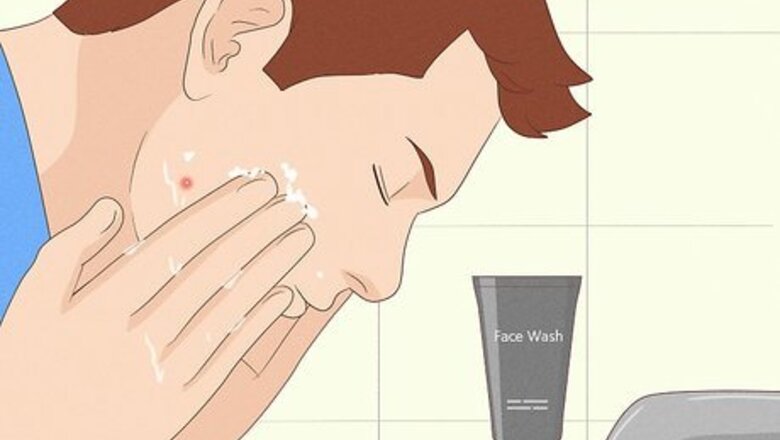
views
Treatment
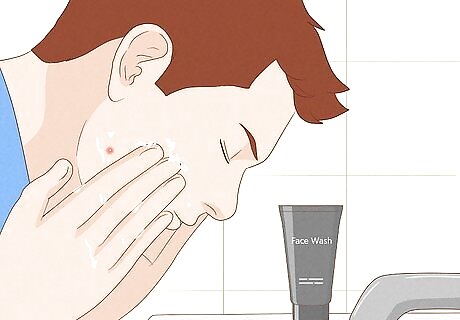
Wash your face. Get your face wet with warm water and then lather on a mild, fragrance-free face wash. Gently wash your skin and rinse your face off with lukewarm water, then pat your skin dry with a towel. It’s important to wash your face before treating any pimples to rid the area of germs and bacteria.
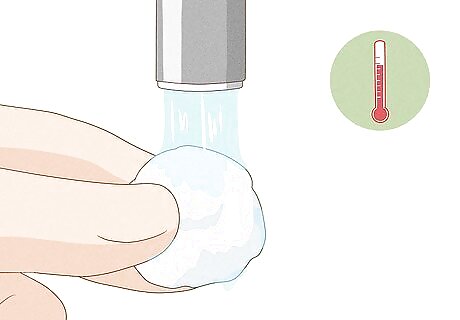
Wet a cotton ball with warm water. You can also use a warm washcloth or a paper towel. Wait for the water to warm up until it’s slightly above room temperature, then wet your cotton ball.
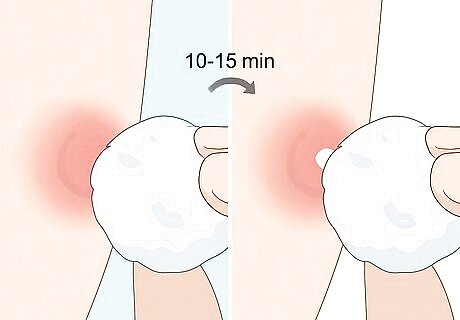
Apply the cotton ball to the pimple for 10 to 15 minutes. The warm water will help draw out the pus and bring it to the surface, making it easier to get rid of. Keep holding the cotton ball on your face until the water cools down. You might notice your pimple turning white, which is a good sign! That means the pus is rising to the surface of the pimple, making it easier to pop.
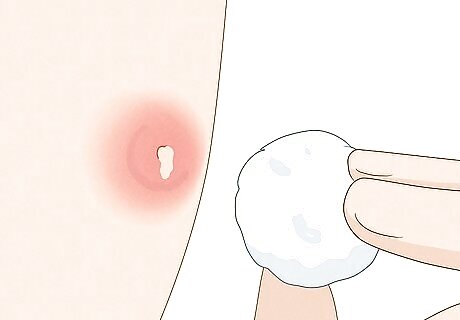
Repeat this 3 to 4 times per day. After a couple of times, the pimple should release the white pus on its own, and you can wipe it away. Try not to pop, pick, or prod the pimple, as that can make swelling and irritation much worse. If your pimple was ready to pop, it should only take a few tries for the white pus to come out. If your pimple isn’t ready to pop yet, you may have to wait and try again tomorrow. Do not pop the pimples unless you have appropriate training. If you pop it incorrectly, the pimple may break and go the opposite way underneath the skin, potentially making your acne worse.
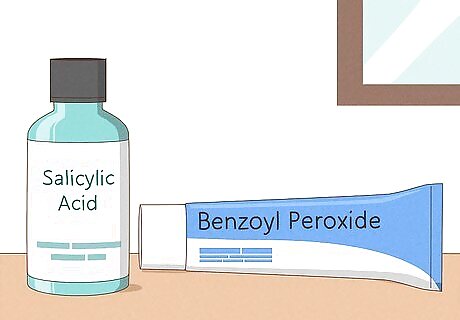
Try over-the-counter topical medications for best results. Lots of over-the-counter acne medicines help clear up acne. If you have a small eruption of acne on your face that you don't want to pop, use some salicylic acid, benzoyl peroxide, glycolic acid, or alpha hydroxy acids directly onto your skin at night. Acne creams are usually less irritating than gels or ointments. Some of these medicated products may cause side effects like redness or dryness, but they usually go away after about 1 month of use.
Prevention
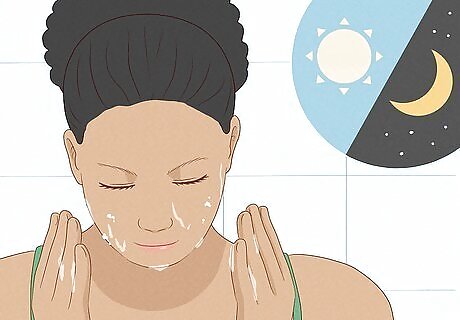
Wash your face twice a day. Keep your skin clean by washing once when you wake up and once before you go to bed. Use a mild, fragrance-free face wash that won’t irritate your skin. If you wear makeup, use a makeup remover to take it all off before washing your face. Use gentle, circular motions when you wash your face. If you scrub too hard, you could cause irritation, which can lead to breakouts.
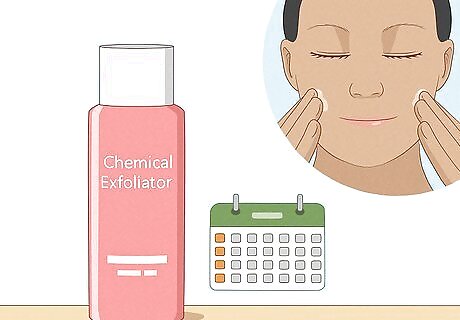
Use a chemical exfoliator about once a week. Exfoliating helps remove dead, dry skin that could clog your pores. Every week or so, try to wash your face with a chemical exfoliation wash to rid your skin of irritants. Try not to exfoliate more often than that, as too much exfoliation can irritate your skin and lead to more acne. Chemical exfoliants are better than physical exfoliants, especially if you’re prone to acne. Chemical exfoliants are gentler and won’t irritate your skin as much.
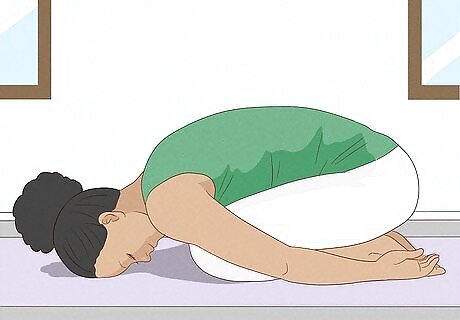
Reduce the amount of stress in your life. Studies have shown that stress has a negative impact on your skin, specifically making acne worse. Although stress can’t give you pimples, it can make your existing acne flare up or get worse. Try doing relaxing activities once a day, like yoga, meditation, and nature walks. You could also practice self-care to reduce your stress levels.
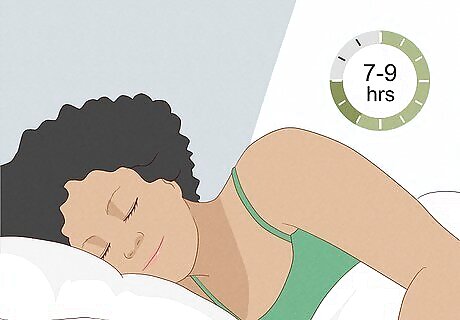
Get enough sleep. Studies have shown that there is a link between sleep and stress: the less sleep you get, the more likely you are to be stressed, which can lead to more acne. Aim to get between 7 and 9 hours of sleep every night. If you have trouble falling asleep, try to turn your electronics off 30 minutes before you go to bed.
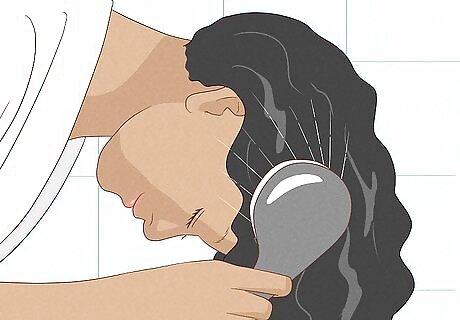
Wash your hair regularly, and don't use tons of products. Gels, mousses, hair sprays — these all can cause acne. Try to wash your hair before bed, and don’t use many products if you can help it. If you’d like to use gel or hairspray, look for ones that say “noncomedogenic” so they won’t clog your pores. If you have long hair or bangs, try to clip it back to keep your hair out of your face.
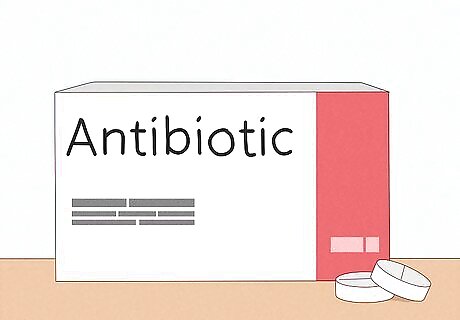
Take oral acne medications. These have been shown to reduce or eliminate acne in various ways. Talk to your doctor or your dermatologist about which medications might be most effective for you. Oral contraceptives such as birth control are sometimes used to treat acne. Birth control regulates the hormones produced by the body, cutting down on breakouts. Other oral antibiotics attack the bacteria that cause acne. They can assist in reducing the number of breakouts, as well as in fighting inflammation. Patients are usually given a higher dosage earlier on before being moved to a lower dosage. For severe cases, isotretinoin, or Accutane, is available through a prescription. Isotretinoin is a vitamin-A derivative that shrinks the glands that produce sebum. It comes with various risks and side effects, which you should fully understand before embarking on a course of treatment.











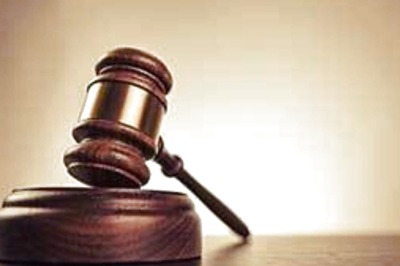
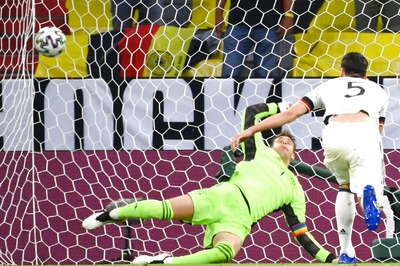







Comments
0 comment